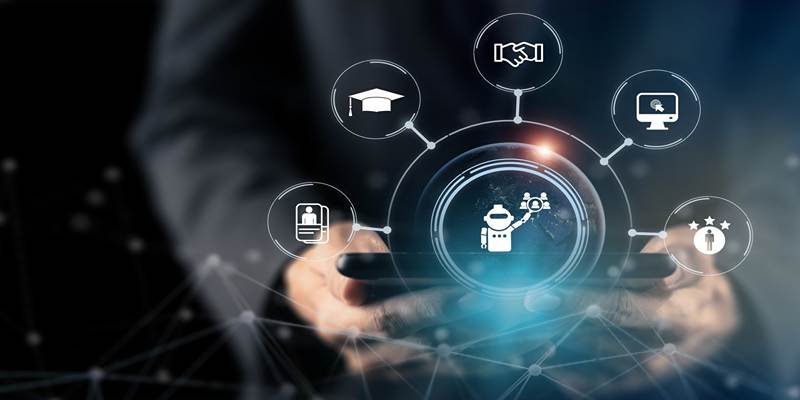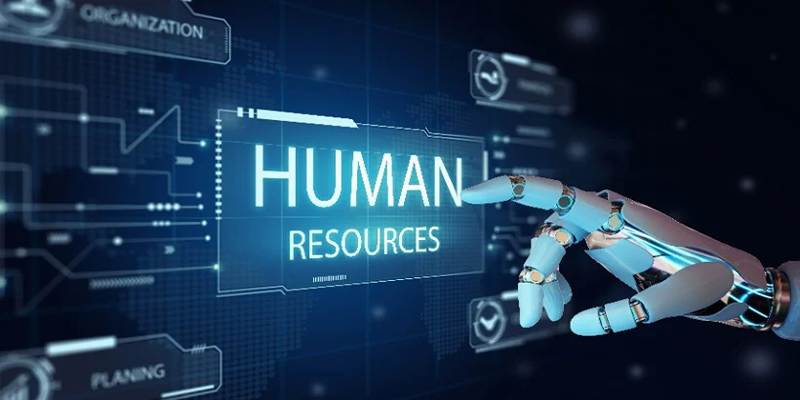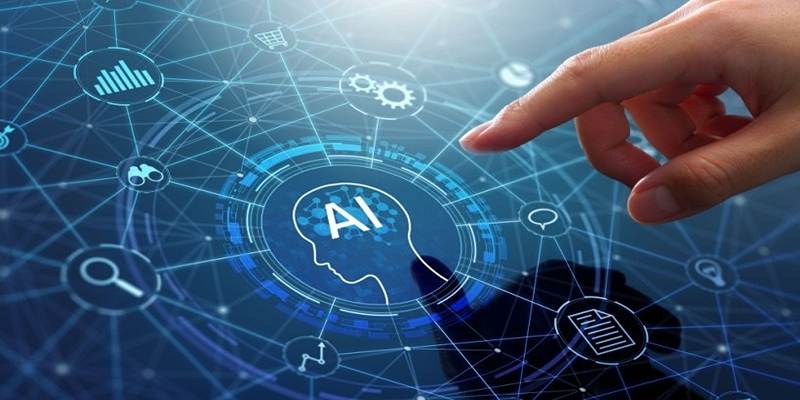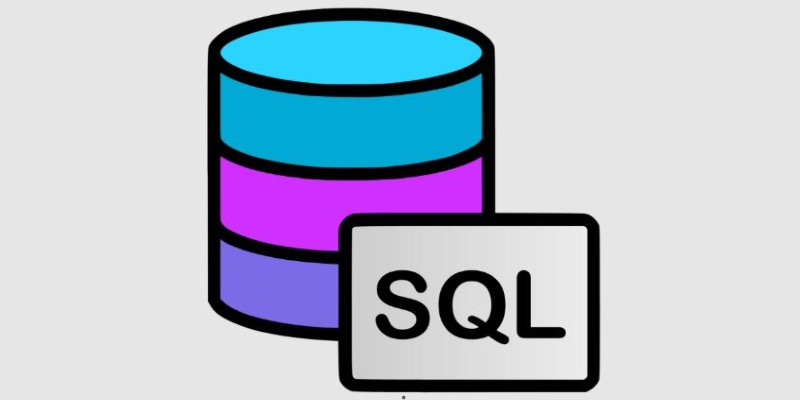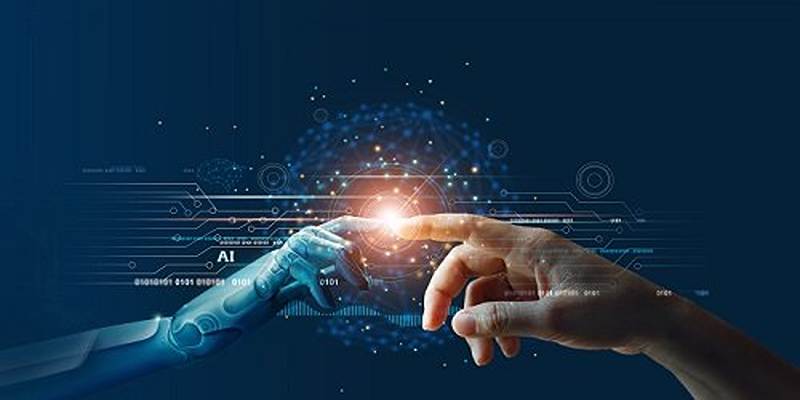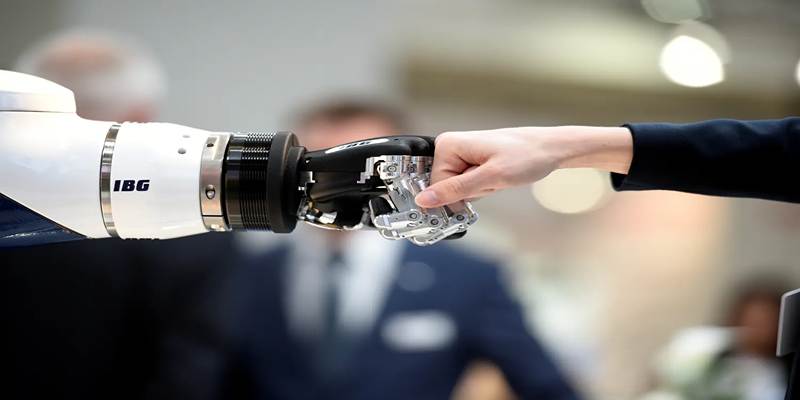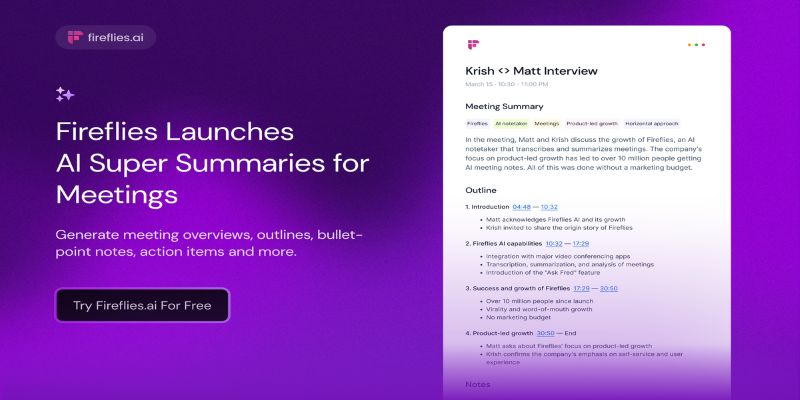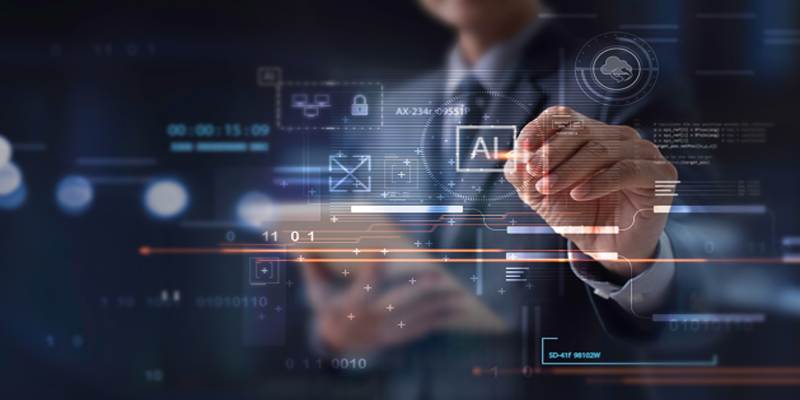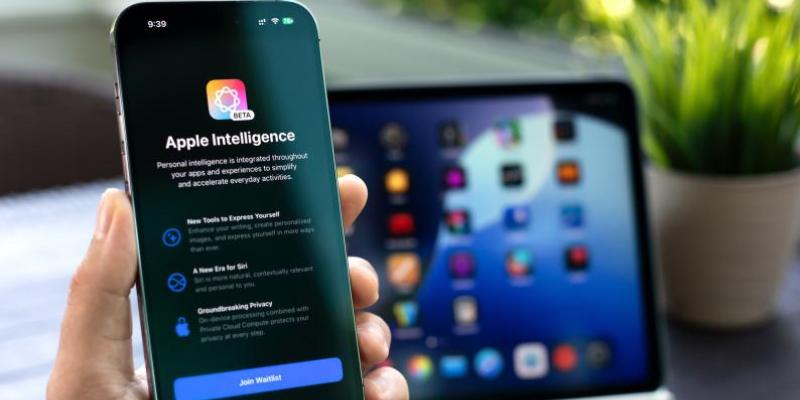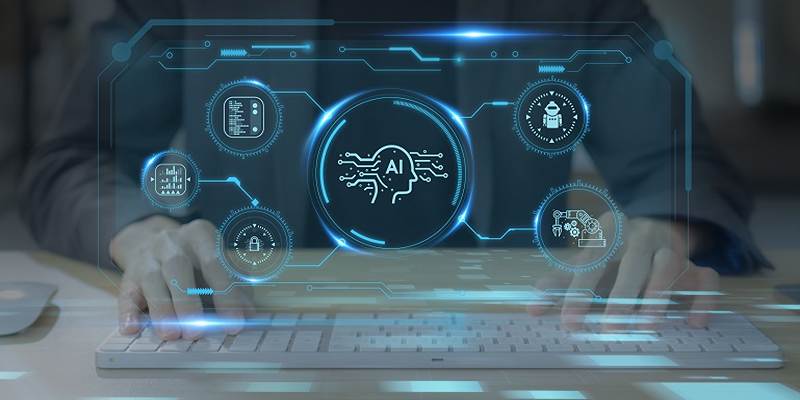Artificial intelligence (AI) is rapidly changing the way businesses manage their people. In 2025, HR departments are adopting AI not just as a tool but as a key part of their long-term strategy. From smarter hiring to personalized employee support, AI is bringing more efficiency, better decisions, and a stronger human touch to the workplace. This post explores the top HR trends of 2025, all focused on how AI is unlocking new levels of productivity and helping organizations grow in smarter ways.
AI-Powered Hiring Is Now the Standard
One of the most visible shifts in HR is how hiring processes are becoming faster and more accurate, thanks to AI. Companies no longer rely solely on human recruiters to screen resumes or schedule interviews. Instead, AI is handling these early steps, saving time and improving accuracy.
AI systems can quickly sort through thousands of forms to find the best candidates based on keywords, skills, and experience. Predictive analytics tools can also tell you which job applicants are most likely to do well in the job. It cuts down on bias and speeds up the hiring process.
Benefits of AI in hiring include:
- Faster resume screening
- More accurate job-candidate matching
- 24/7 chatbots that assist with application questions
- Automated interview scheduling
As a result, hiring managers spend more time connecting with top talent and less time on repetitive admin tasks.
Personalized Employee Experiences
AI is helping HR move away from generic programs and offer more tailored experiences to every employee. In 2025, personalization is no longer a perk—it’s expected. By analyzing employee behavior, preferences, and performance, AI tools provide the support that feels customized to each individual.
These systems suggest training based on skills gaps, track progress, and even offer personalized wellness advice. Employees receive timely nudges, relevant resources, and targeted growth opportunities.
This trend is leading to:
- Increased job satisfaction
- Higher productivity
- Stronger retention rates
Personalized experiences show employees they are valued, which makes them more likely to stay and contribute.
Employee Engagement Gets a Boost Through AI
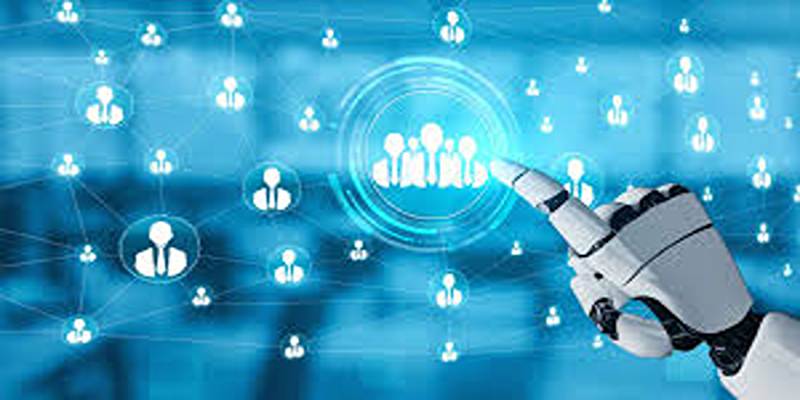
Keeping employees engaged is a major challenge in any organization. In 2025, AI helps HR teams spot issues early and respond quickly. Through sentiment analysis, feedback tools, and behavior tracking, AI can detect if employees are losing motivation or feeling disconnected. Rather than relying on yearly surveys, AI systems offer real-time insights.
Key ways AI improves engagement:
- Smart pulse surveys that adapt based on employee responses
- Recommendations for personalized recognition or support
- Alerts to managers for one-on-one check-ins
These proactive measures help HR teams create a healthier, more engaged workplace before problems get bigger.
Predictive Workforce Planning Is Becoming Essential
Workforce planning has always been important, but in 2025, it's smarter and more precise. AI now supports HR leaders by predicting staffing needs based on business goals, market trends, and internal data. By forecasting talent shortages or future role demands, organizations can plan training, hiring, or restructuring.
AI-driven planning helps organizations:
- Prepare for growth or downsizing
- Identify areas needing upskilling
- Align talent strategies with business outcomes
Planning no longer depends on guesswork—it’s based on real-time, data-backed insights.
Automating Repetitive HR Tasks
AI is also streamlining day-to-day HR operations. Many routine activities—such as leave approvals, payroll, onboarding, and benefits administration—are now handled automatically. It not only saves time but also reduces human errors and improves employee satisfaction. HR professionals are now free to focus on strategic tasks like culture-building and talent development.
Common tasks AI is automating in HR:
- Employee record management
- Timesheet verification
- Policy updates and notifications
- Onboarding workflows
Automation ensures consistency, reduces costs, and makes HR departments more efficient.
Supporting DEI Through Smart AI Tools
Diversity, equity, and inclusion (DEI) remain a high priority in 2025, and AI is playing a role in supporting these efforts. HR teams are using AI to track diversity metrics, identify potential bias in job postings, and ensure fair performance reviews. However, there’s a growing awareness that AI systems must be trained on diverse and unbiased data.
To support DEI effectively, AI must be:
- Transparent in how decisions are made
- Regularly audited for bias
- Built with inclusive datasets
When used responsibly, AI helps create a more equitable workplace for all.
Learning and Development Goes Personalized
Upskilling is crucial as job roles continue to evolve. AI is helping by personalizing learning paths for every employee. Training platforms in 2025 are not just offering courses—they’re recommending content based on real needs. By tracking employee skills, goals, and business trends, AI can suggest what training will have the biggest impact.
AI supports learning by:
- Tailoring content to individual skill levels
- Monitoring progress and adjusting recommendations
- Linking training to career development plans
This approach keeps employees future-ready and helps companies close skill gaps efficiently.
Real-Time, AI-Based Performance Management

Real-time, AI-supported feedback systems are replacing traditional performance reviews. These tools provide instant insights into performance, highlight areas for improvement, and recommend next steps. Managers receive alerts and dashboards that help them support their teams better, while employees get more frequent, meaningful feedback.
Features of AI-based performance management:
- Goal tracking dashboards
- Behavior and project-based feedback
- Automated performance summaries
This trend promotes transparency, fairness, and continuous growth throughout the year—not just during annual reviews.
Conclusion
AI in HR is no longer optional—it’s essential. In 2025, companies that embrace AI are seeing gains in efficiency, employee satisfaction, and workforce agility. But it’s not just about tools. It’s about how these tools are used. When organizations combine AI’s power with human values like empathy and fairness, they unlock a future where technology strengthens—not replaces—the human side of HR. The best HR teams in 2025 are those that use AI to be more human, not less.
